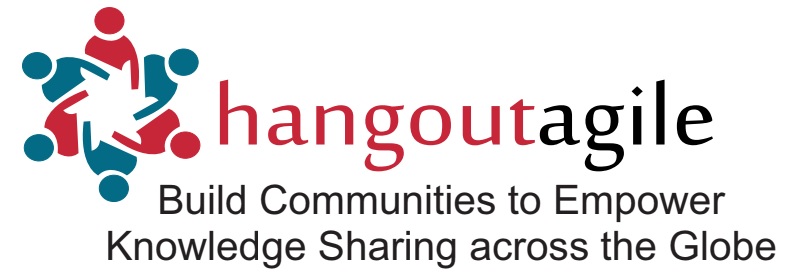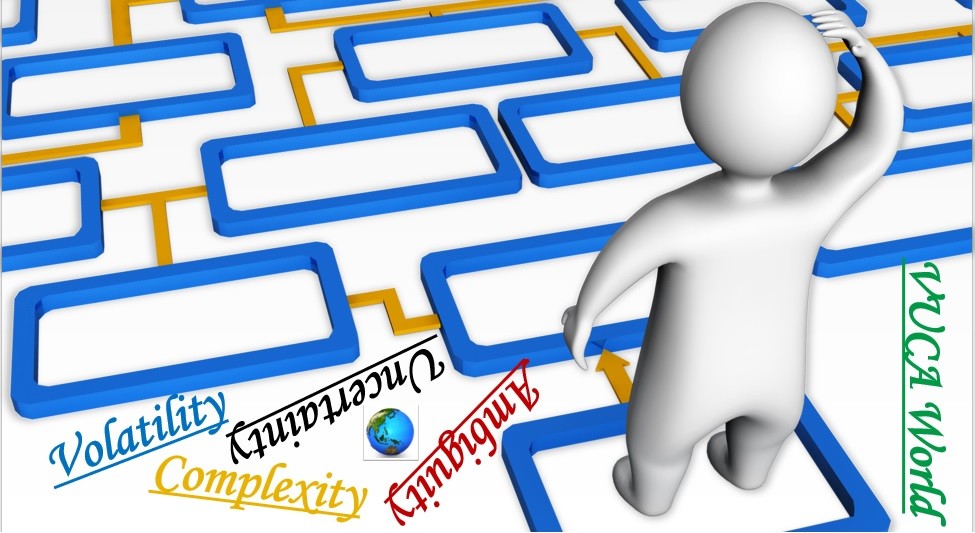What Happened to Definable Project Work these Days?
Majority of the Project Work couple of decades ago were Definable. This type of Definable Project Work is characterized by clear procedure that have proved successful or similar projects in the past. Let us see some examples
- Production of a car
- Manufacturing of electrical appliances
- Building a home
All these projects, are good examples of Definable Project Work. The Production Domain and processes involved are usually well understood and there are typically low levels of execution uncertainty and risk.
Most of the Definable Project Work are:
- Automated
- Replaced through the use of Artificial Intelligence (AI)
- Business Process Re-Engineering is again reducing the Automation, e-Governance is one of the best example where I have seen most of the Automated & Manual work is reduced through Business Process Re-Engineering.
Project Work in VUCA World
In early 2000, the uncertainty around the projects started increasing and most of the current projects have High-Uncertainty with High Rates of Change, Complexity and Risk. These characteristics can present problems for traditional predictive approaches that aim to determine the bulk of the requirements upfront and Control Changes through a Change Request (CR) Process. Instead, Lean Principles, Kanban Method & Agile Practices were created to explore feasibility in short cycles and quickly adapt based on evaluation & feedback.
Projects with High-Uncertainty with High Rates of Change
New Design, problem solving, and not-done-before work is exploratory. It requires Subject Matter Experts to collaborate and solve problems to create solution. Let us see some examples. People encountering high uncertainty with high rates of change work include:
- Software Systems Engineers
- Product Designers
- Doctors
- Teachers
- Lawyers
- Problem Solving Engineers
Importance of Agile Life Cycles (Combining Lean Principles, Agile Practices & Kanban Method)
Agile Life Cycles leverage both the aspects of Iterative & Incremental Life Cycles.
Iterative Life cycles allow feedback on partially completed or unfinished work to improve and modify that work.
Incremental Life Cycles Provide finished deliverable’s that the customer may be able to use immediately.
When teams use Agile Approaches, they iterate over the product to create finished deliverable’s. The team gains early feedback and provides customer visibility, confidence and control of the Product. Because the team can release earlier, the project may provide an earlier Return on Investment (ROI) because the team delivers the highest value work first.
Do You Want to Learn & Practice the Skill, the “Alternative Path to Agility” for Managing High-Uncertainty with High-Rates of Change, Project Work in VUCA World? Please, join me in any one of the upcoming training events at Your location.
The most useful piece of learning for the uses of life is to unlearn what is untrue.
This workshop help you to Learn Kanban Method, Lean & Agile Practices with Activities Case Studies, Simulation & Walk Away with globally accepted credentials,Membership from Lean Kanban University a plan during the workshop / certification program and kick off the implementation at least for the Top-3 Challenges in your Project / Program & achieve the Continuous Improvement through Evolutionary Change.
Please write to Nadia@diaame.com OR WhatsApp through +91 914 802 6666 to know more.
To View & Register for our upcoming events click https://www.hangoutagile.com/events
You could learn more through reading our blogs @ https://www.hangoutagile.com/blog
Please also visit https://www.diaame.com/gallery/ to view few of the last events
“You don’t learn to walk by following rules. You learn by doing, and by falling over.”
Always Choose the Passionate Professional as Your Trainer / Mentor / Guide / Coach & Build a Relationship
!!! :-😊) HAPPY LEARNING :-😊) !!!


